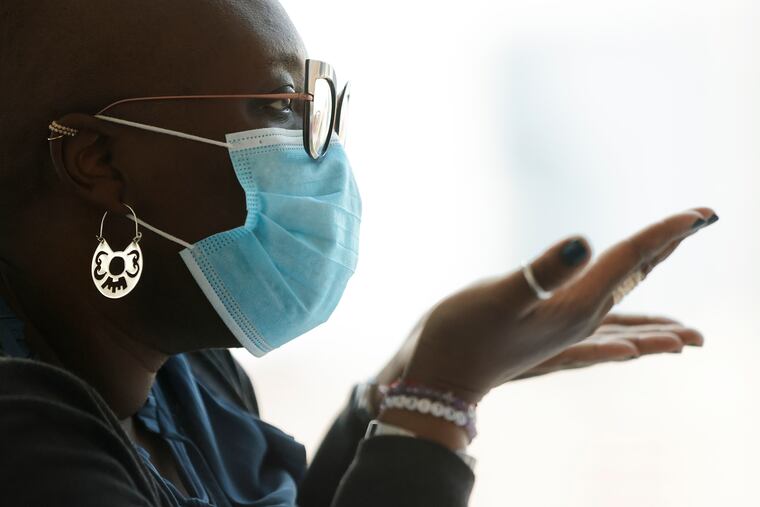A psychiatrist’s perspective and resources for a time when the kids are not all right
CHOP's Wanjiku Njoroge provides perspective and resources on child and youth mental health.

Concern is growing that the kids are not all right.
As the pandemic’s fallout mounted, nearly one in two high school students reported “persistent feelings of sadness or hopelessness” by mid-2021, according to the U.S. Centers for Disease Control and Prevention. That’s up from about one in three in 2019, and one in four a little more than a decade ago.
U.S. Surgeon General Vivek Murthy warned last year of a youth mental health crisis, noting that as many as one in five children between the ages of 3 and 17 have experienced a mental, emotional, development or behavioral disorder.
Little kids, as young as 5 years old, are having suicidal thoughts — especially children of color. In 2019, a Congressional Black Caucus report warned of the “crisis of Black youth suicide in America,” finding that “the suicide death rate among Black youth” has been “increasing faster than any other racial/ ethnic group.”
The Inquirer Live Health Report series recently discussed mental health at young ages with Wanjiku Njoroge, medical director of the young child clinic at Children’s Hospital of Philadelphia and the hospital’s only psychiatrist working with patients as young as infants. She highlighted pressing issues in the mental health of young people and shared tips for caregivers.
» READ MORE: For more tips, watch the full Inquirer Live Health Report with Njoroge
Warning signs in kids
Njoroge tells caregivers to look out for changes in behavior, whether it’s in a young child or a teenager.
At younger ages, loss of skills could signal cause for concern, such as a child who is already toilet trained suddenly having accidents again or becoming clingier.
“Usually parents are pretty good, and caregivers are pretty good at picking this up,” she said.
With school-aged children, she suggested watching for loss of interest in hobbies or social engagements or sustained changes in appetite and sleep patterns.
‘The kids are all right’ isn’t always the right response
A phrase commonly used in pop culture is “the kids are all right,” but the idea that kids bounce back from setbacks needs reexamination, Njoroge said. Her field is debating whether resilience is a legitimate expectation.
“Providing a secure, nurturing, loving environment for children, that’s what really builds resilience,” she said. “It’s children knowing that if they go and they fall down, that someone is going to pick them up and put that Band-Aid on them.”
Njoroge wants parents and caregivers to remember that resilience does not mean tackling problems alone. Asking for help can be an act of resilience and a lesson to pass on to kids.
Facts for families
Njoroge shared the following resources for families and caregivers who want to learn more:
Child and Adolescent Psychiatry and Behavioral Sciences Resources from CHOP.
American Academy of Child and Adolescent Psychiatry’s Facts for Families Guide.
Zero to Three resources for families.
Anyone in crisis can also call or text 988, or call the Philadelphia Crisis Line at 215-685-6440.